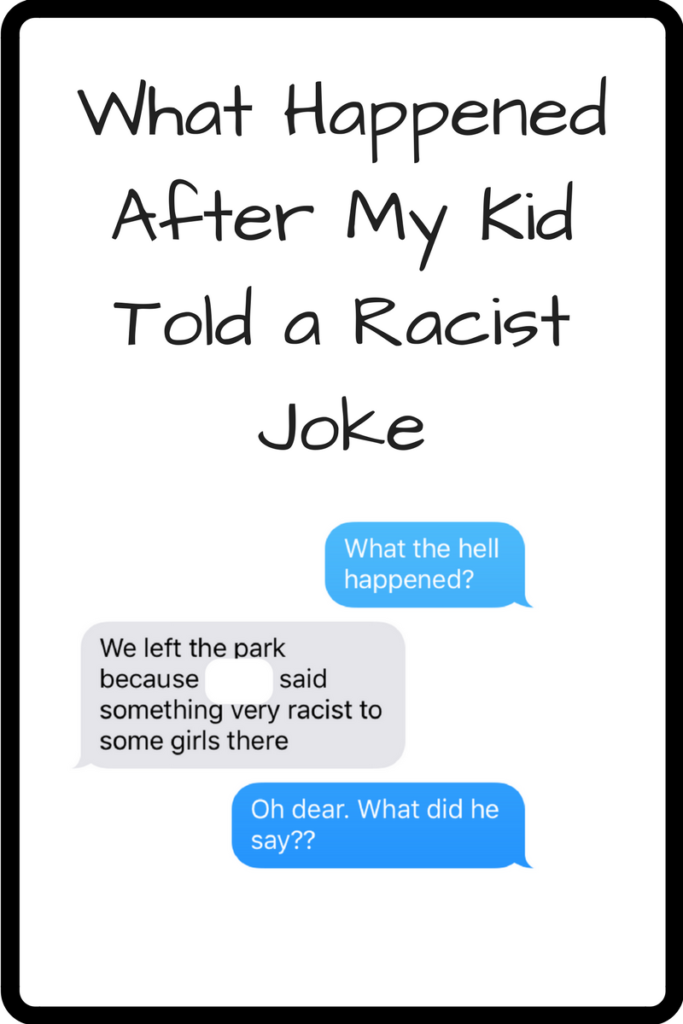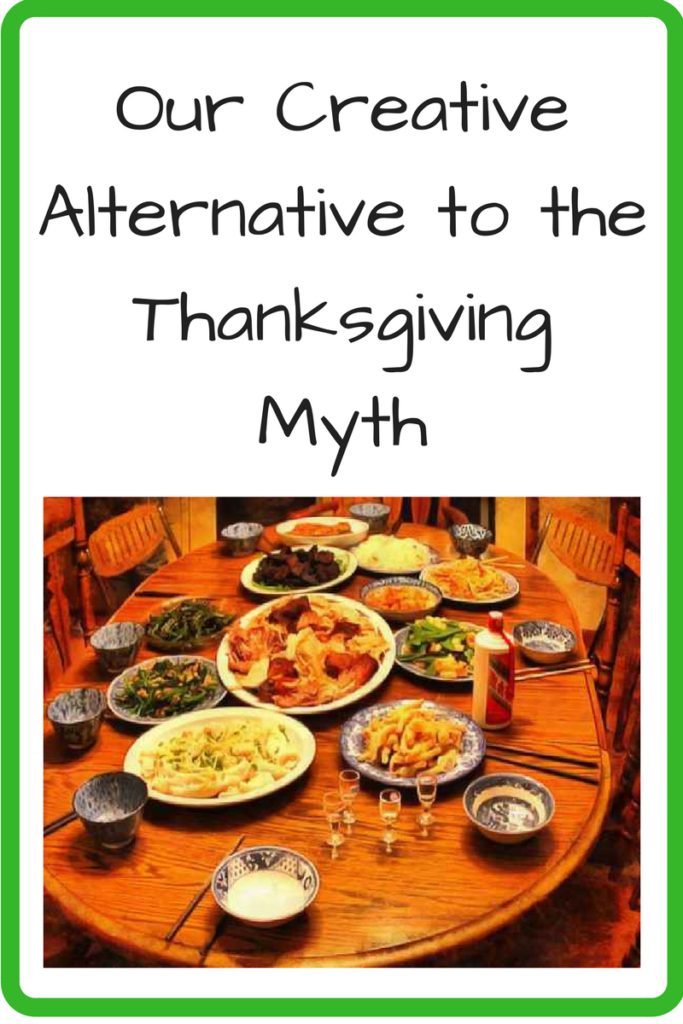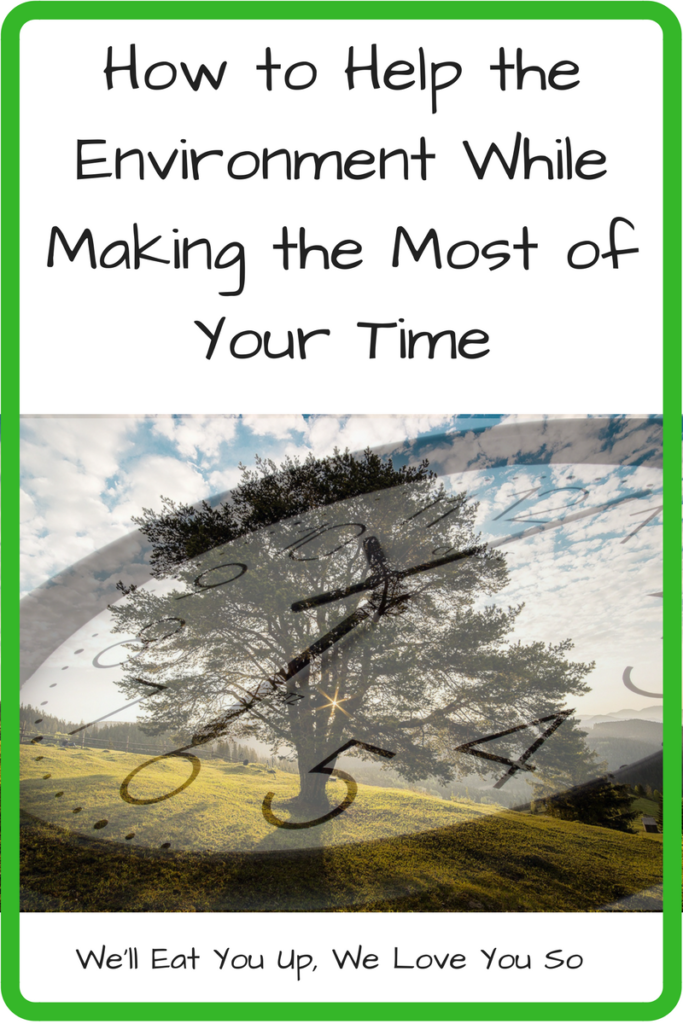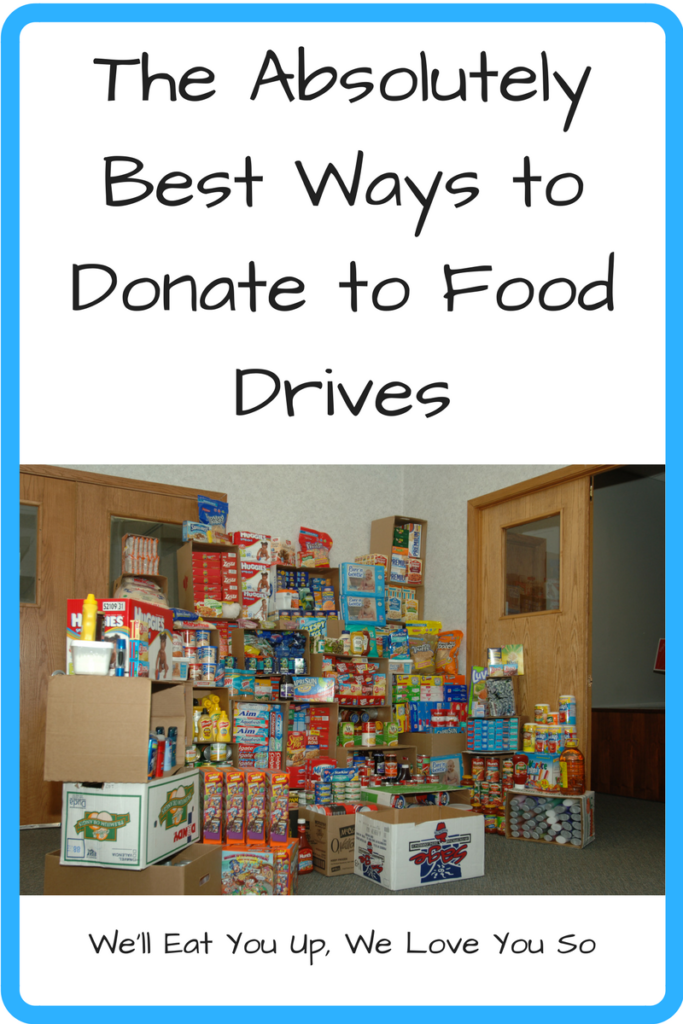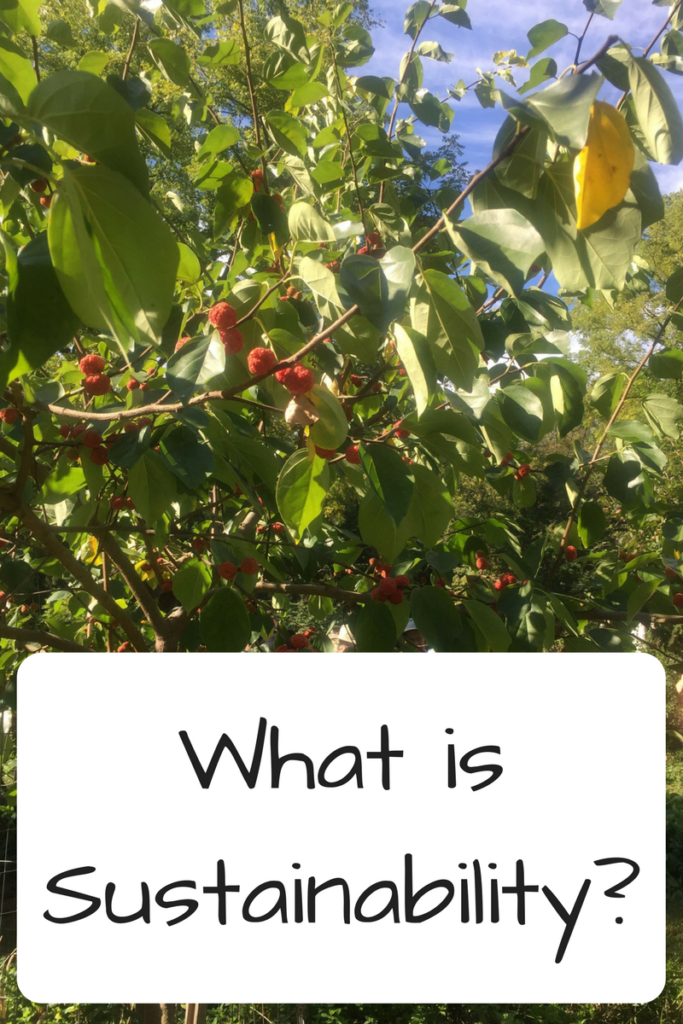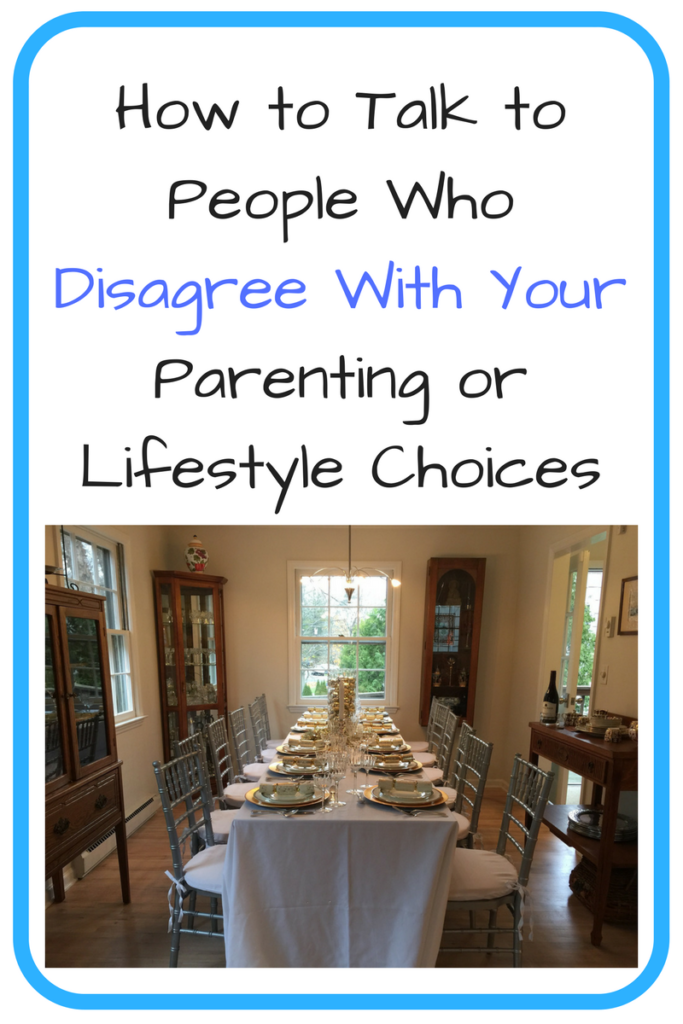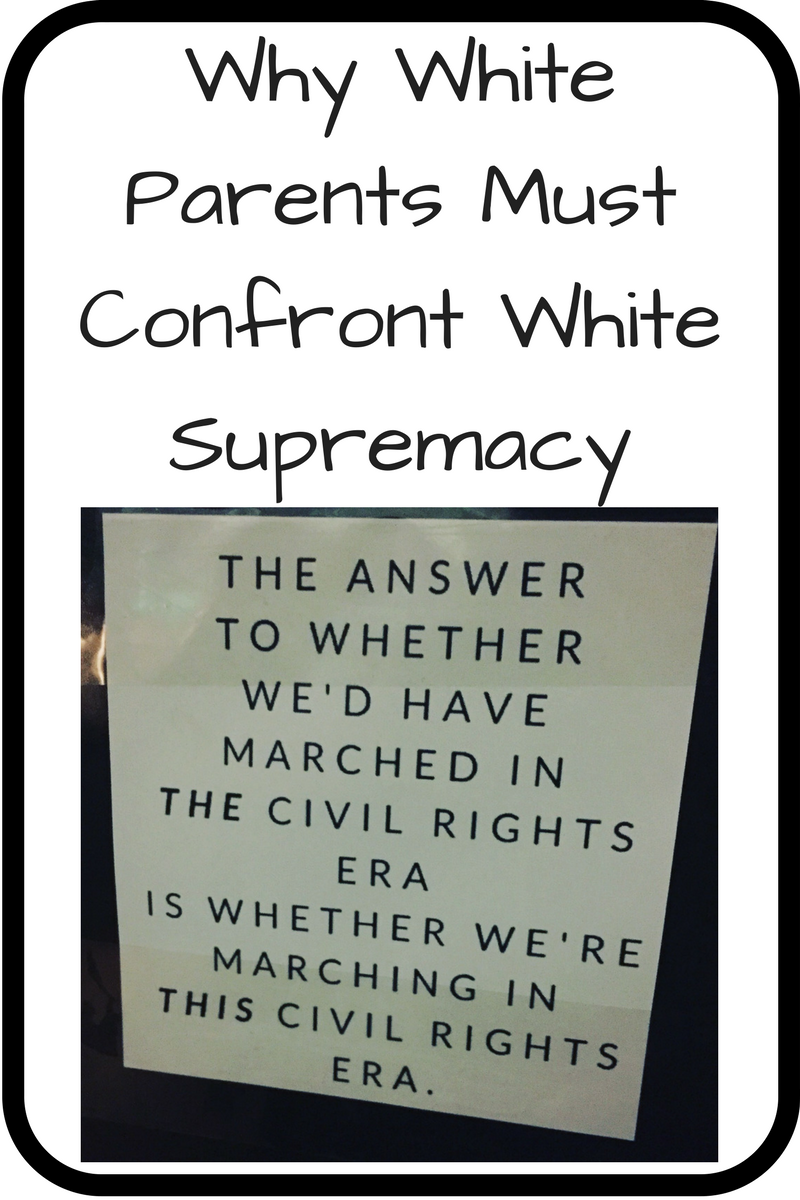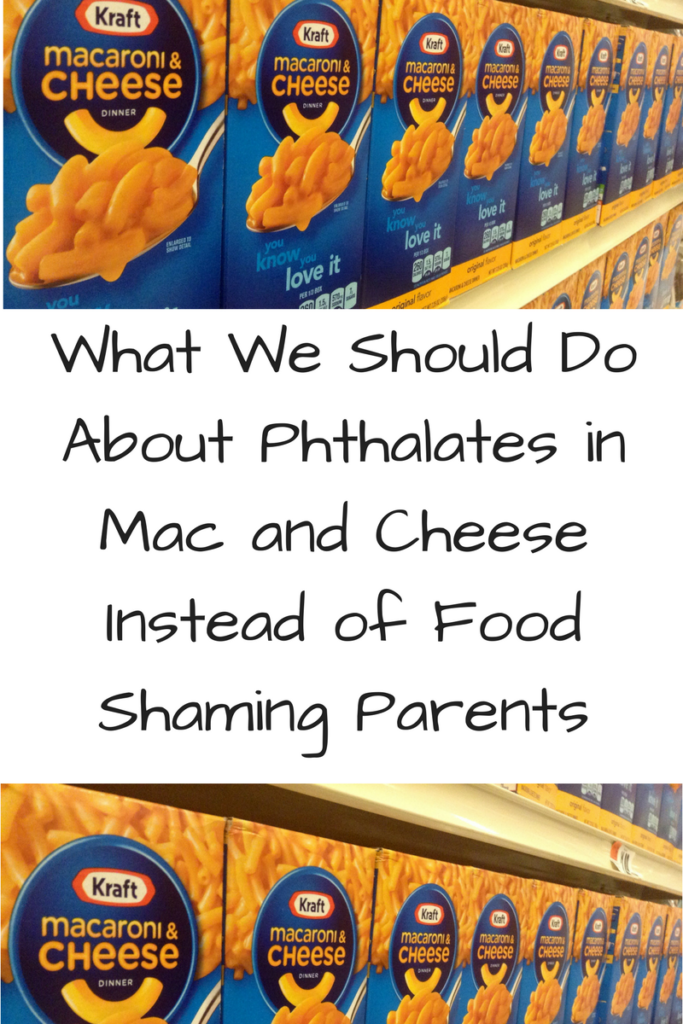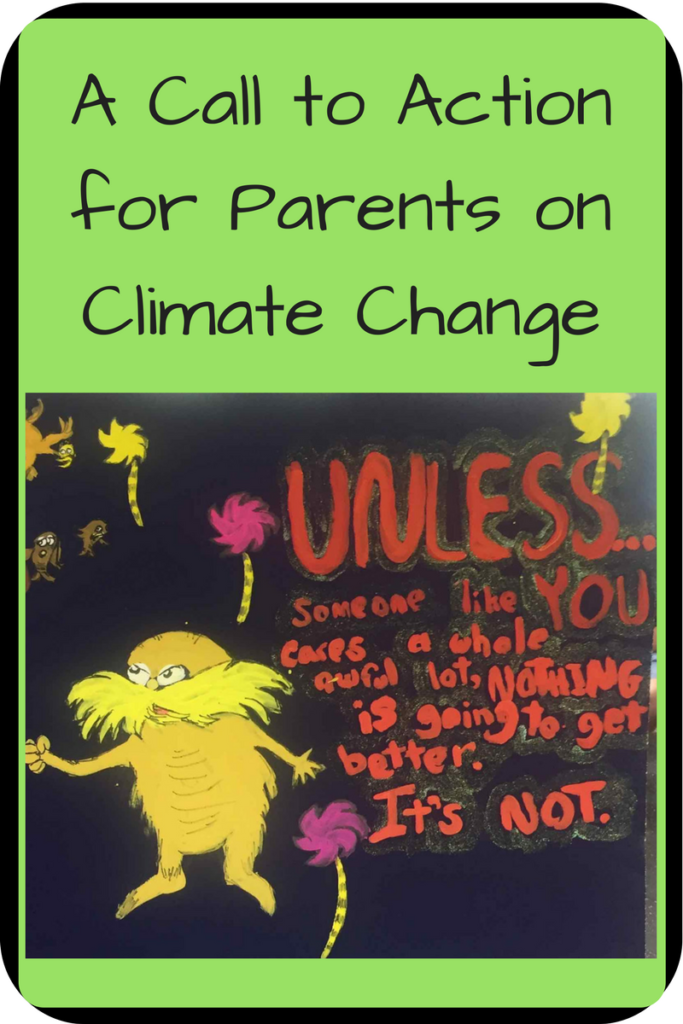Has your child heard about climate change and are starting to ask questions? Or do you want to broach this difficult topic but don’t know where to start? Here are good ways to talk to kids about climate change.
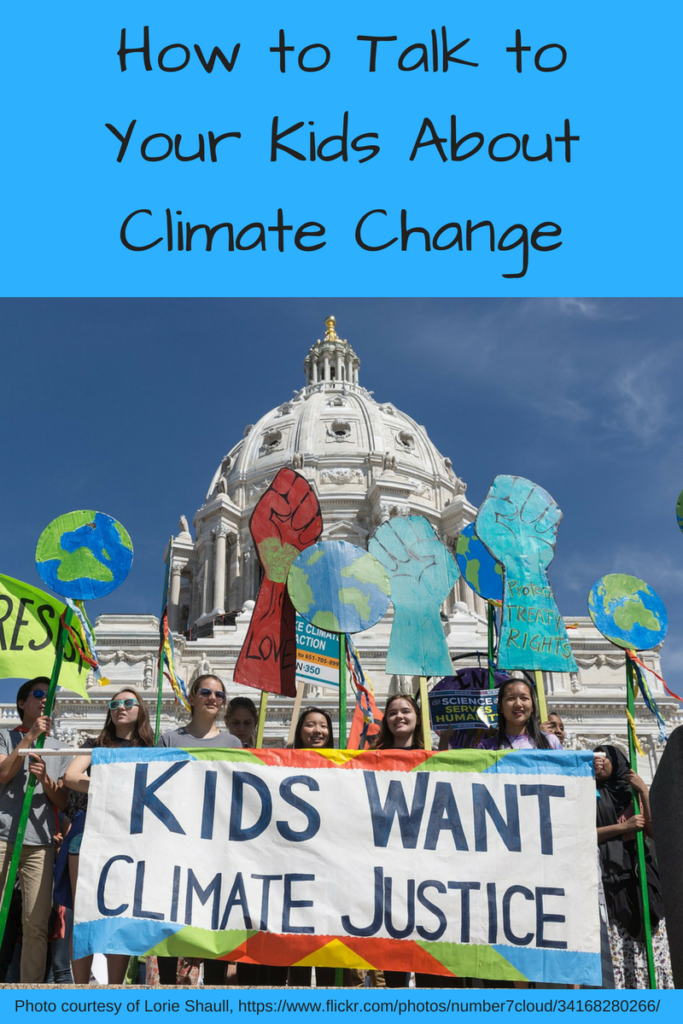
“We’re going to tell the people who make the rules that we want clean air and water for everyone,” I told my then three-year-old as we made signs for the People’s Climate Mobilization. As we got ready for the march, I struggled with what to say to him about it. In the end, I settled on the vague “air and water” statement. A clear mom fail at avoiding the issue.
Or was it? After all, three is awfully young to face the fact that our everyday choices could affect everyone on the planet in both in the present day and hundreds of years from now. There are plenty of adults who can’t grapple with that reality. Climate change activism is my personal passion, but it’s not right to force it on him before he’s ready.
Since then, I’ve thought a lot about explaining climate change to our kids. More than a year later, we still haven’t directly explained it. But now I see it as more of a process than a one-and-done conversation.
In addition to my personal interest, my professional background is informing a lot of my approach. As a science and environmental communicator, talking about climate change and related issues is one of my specialties.
Here are some big principles to consider if you are going to talk to kids about climate change:
